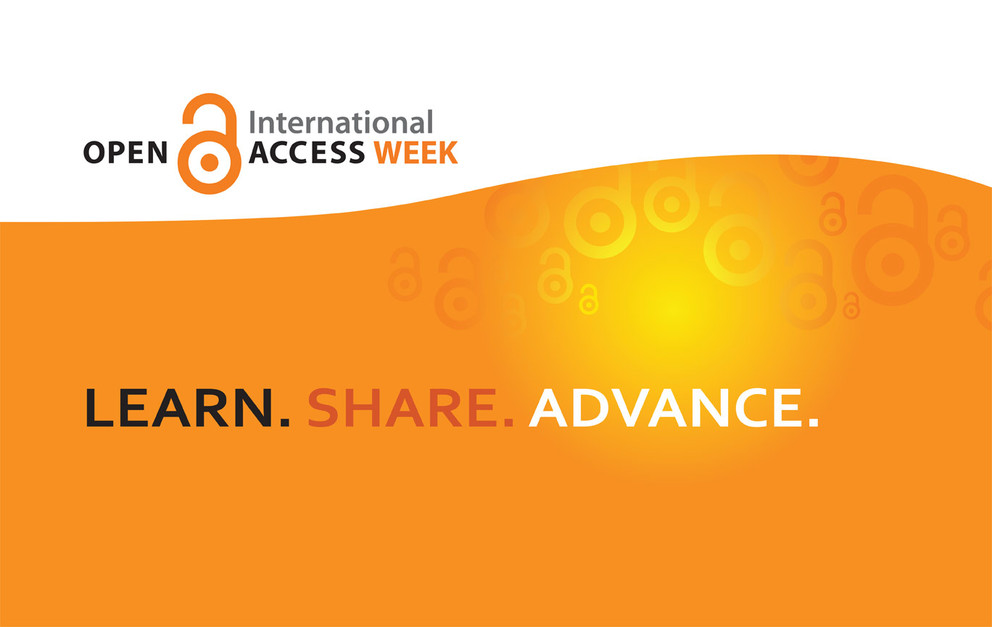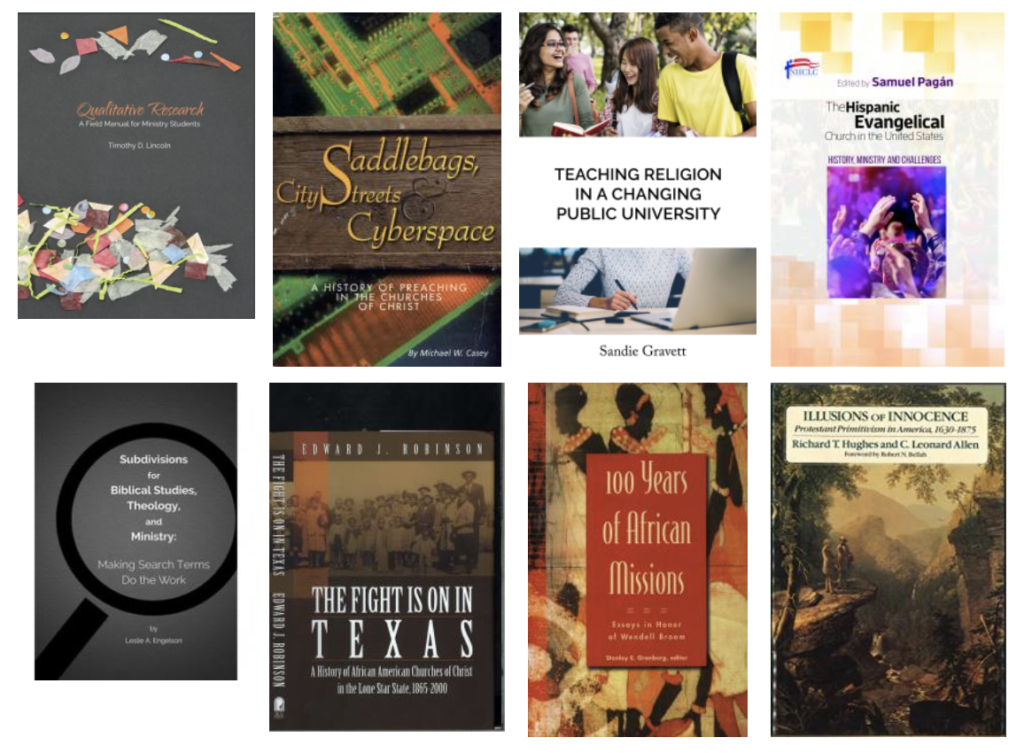 In keeping with his expertise, Pitts Theology Library’s Head of Digital Initiatives, Dr. Spencer Roberts, highlights the variety and depth of active digital projects focused on religion and theology that may be useful in teaching and/or research for the Candler community. Like most disciplines, religion and theological studies have been experimenting with digital scholarship for many years. Indeed, one of the earliest examples of computation in a humanities research project was led by Father Roberto Busa, S.J., who built a machine-generated Thomas Aquinas concordance that used punch-card technology.
In keeping with his expertise, Pitts Theology Library’s Head of Digital Initiatives, Dr. Spencer Roberts, highlights the variety and depth of active digital projects focused on religion and theology that may be useful in teaching and/or research for the Candler community. Like most disciplines, religion and theological studies have been experimenting with digital scholarship for many years. Indeed, one of the earliest examples of computation in a humanities research project was led by Father Roberto Busa, S.J., who built a machine-generated Thomas Aquinas concordance that used punch-card technology.
The 15 items listed below are just a small sample of the kinds of topics, approaches, technologies, and participants involved in today’s digital scholarship in religion and theology.
Topical
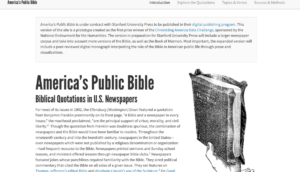 America’s Public Bible
America’s Public Bible
- uncovers the presence of biblical quotations in the nearly 11 million newspaper pages in the Library of Congress’s Chronicling America collection
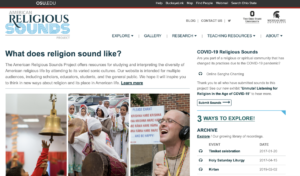 American Religious Sounds Project
American Religious Sounds Project
- offers resources for studying and interpreting the diversity of American religious life by attending to its varied sonic cultures
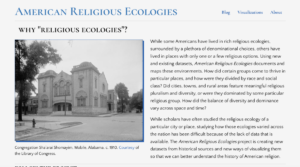 American Religious Ecologies
American Religious Ecologies
- creating new datasets from historical sources and new ways of visualizing them so that we can better understand the history of American religion
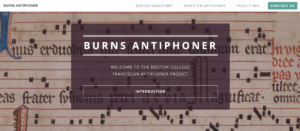 Burns Antiphoner
Burns Antiphoner
- The Burns Antiphoner is an interactive and open access resource with a dynamic presentation layer through which content (metadata, music notation, textual incipits) and multimedia based on the encoded inventory and data from a 14th-century Franciscan antiphoner can be queried and viewed
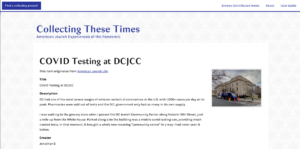 Collecting These Times: American Jewish Experiences of the Pandemic
Collecting These Times: American Jewish Experiences of the Pandemic
- connects American Jews to Jewish institutions and other collecting projects which can gather and preserve their experiences of the pandemic
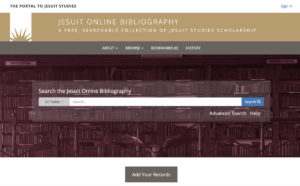 Jesuit Online Bibliography
Jesuit Online Bibliography
- a free, collaborative, multilingual, and fully searchable database of bibliographic records for scholarship in Jesuit Studies produced in the 21st century
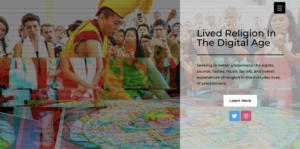 Lived Religion in the Digital Age
Lived Religion in the Digital Age
- Seeking to better understand the sights, sounds, tastes, rituals, beliefs, and overall experiences of religion in the everyday lives of practitioners
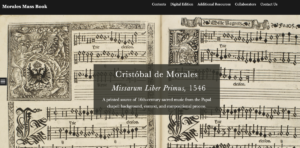 Morales Mass Book
Morales Mass Book
- a companion to digitized images of the choirbook, the accompanying pages offer students and specialists alike an introduction to this extraordinary collection of sacred Renaissance polyphony
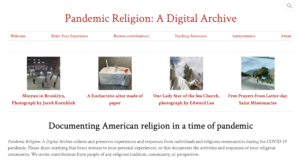 Pandemic Religion: A Digital Archive
Pandemic Religion: A Digital Archive
- collects and preserves experiences and responses from individuals and religious communities during the COVID-19 pandemic
Geographical
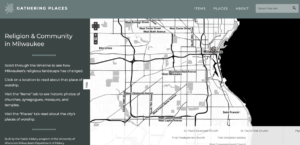 Gathering Places: Religion & Community in Milwaukee
Gathering Places: Religion & Community in Milwaukee
- a living archive of Milwaukee’s places of worship; an ongoing project that seeks to document the diversity of the city’s religious landscape
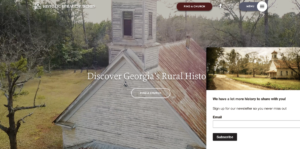 Historic Rural Churches of Georgia
Historic Rural Churches of Georgia
- a project with the goal to document these treasures in the style of “reverential documentation”
 Living Religion Collaborative – Encounter: Mapping Religion
Living Religion Collaborative – Encounter: Mapping Religion
- to map local religious and spiritual spaces, practices, and communities in the Silicon Valley and beyond
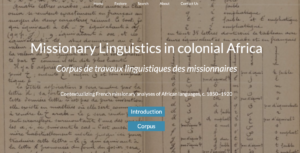 Missionary Linguistics in colonial Africa
Missionary Linguistics in colonial Africa
- a variety of linguistic analyses of languages of continental Africa and Madagascar, compiled by French Catholic missionaries between the late 19th and early 20th centuries
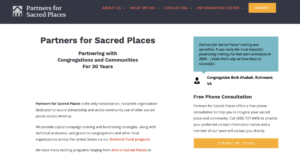 Partners for Sacred Places
Partners for Sacred Places
- nonsectarian, nonprofit organization dedicated to sound stewardship and active community use of older sacred places across America
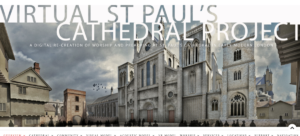 Virtual St. Paul’s Cathedral Project
Virtual St. Paul’s Cathedral Project
- experience worship and preaching at St Paul’s Cathedral as events that unfold over time and on particular occasions in London in the early seventeenth century
Take a week to explore Spencer’s many suggestions, and tune in on June 6th for next week’s recommendations!
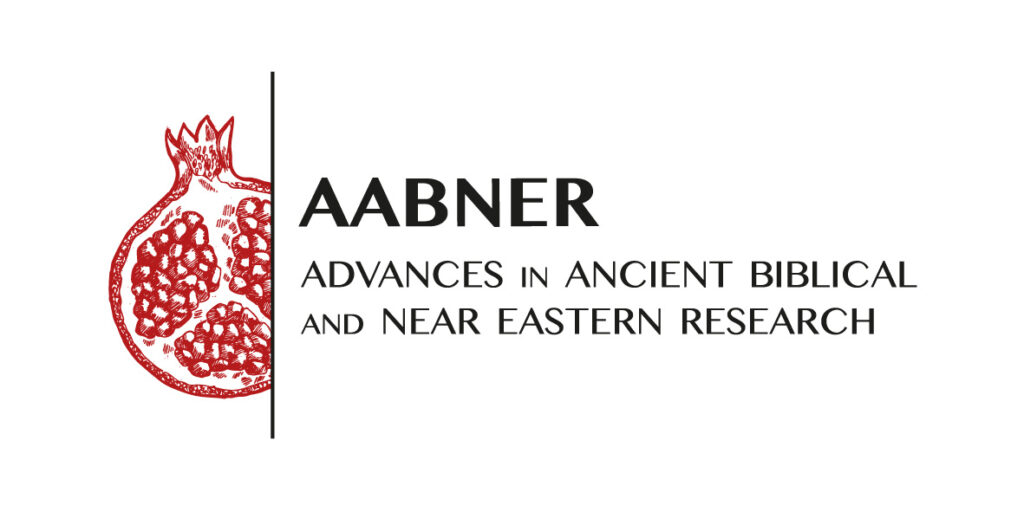

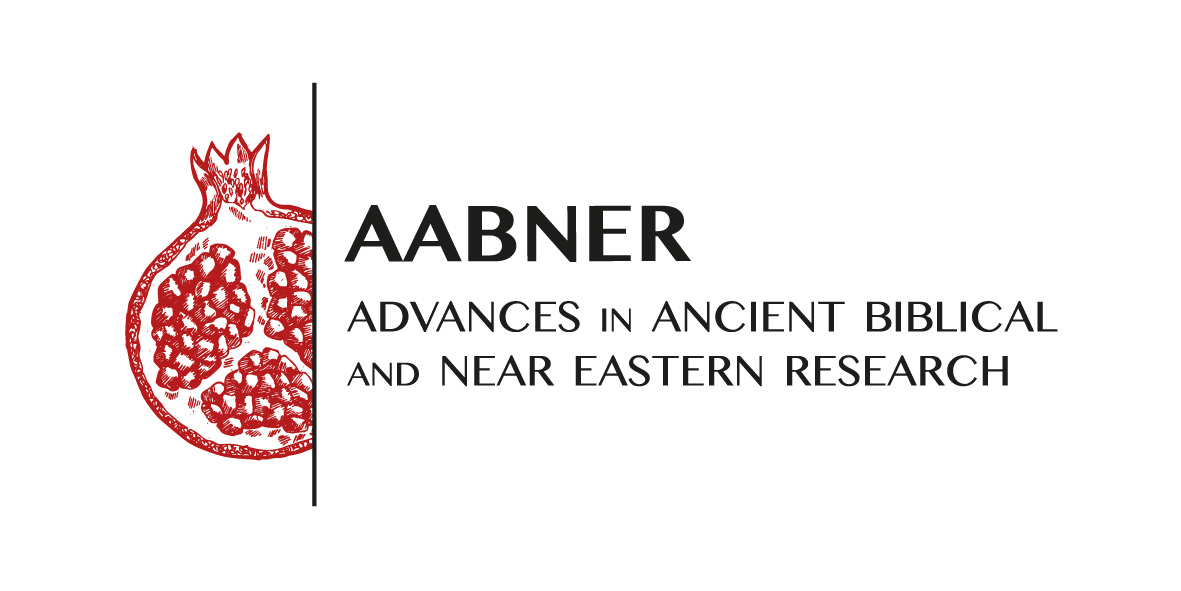
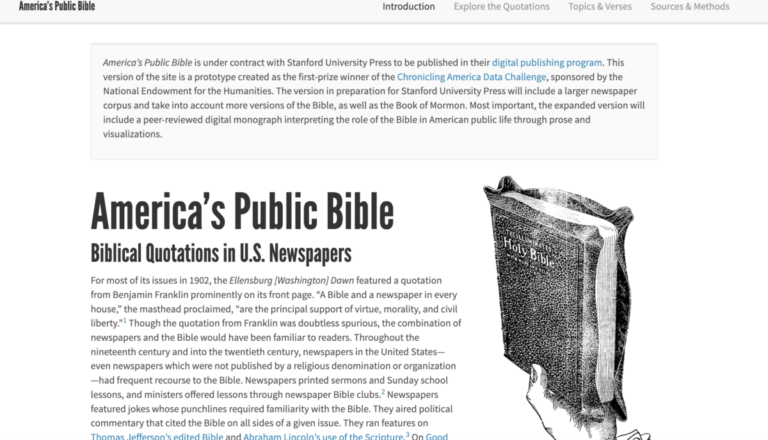
 In keeping with his expertise, Pitts Theology Library’s Head of Digital Initiatives, Dr. Spencer Roberts, highlights the variety and depth of active digital projects focused on religion and theology that may be useful in teaching and/or research for the Candler community. Like most disciplines, religion and theological studies have been experimenting with digital scholarship for many years. Indeed, one of the earliest examples of computation in a humanities research project was led by Father Roberto Busa, S.J., who built a
In keeping with his expertise, Pitts Theology Library’s Head of Digital Initiatives, Dr. Spencer Roberts, highlights the variety and depth of active digital projects focused on religion and theology that may be useful in teaching and/or research for the Candler community. Like most disciplines, religion and theological studies have been experimenting with digital scholarship for many years. Indeed, one of the earliest examples of computation in a humanities research project was led by Father Roberto Busa, S.J., who built a 














